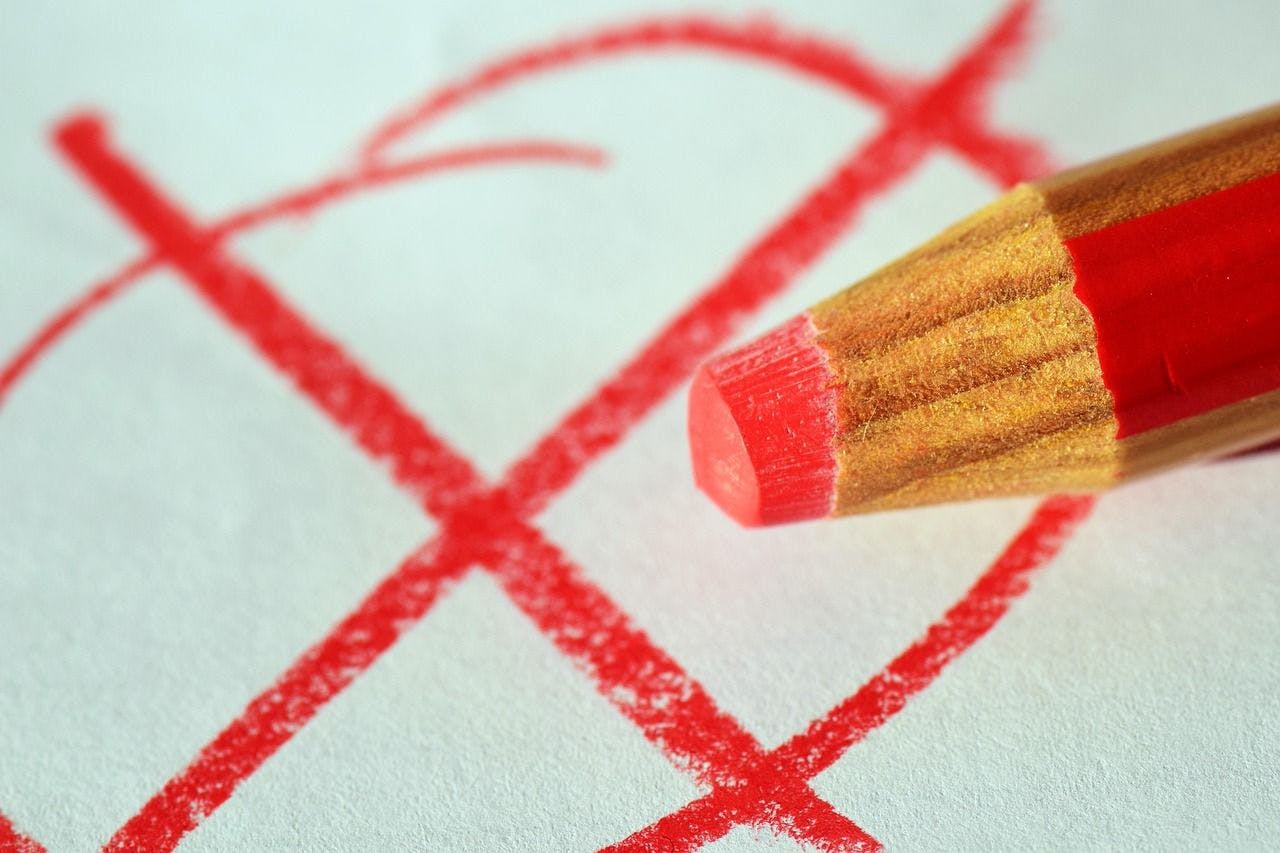Welcome back to 3 Tech Polls, HackerNoon's brand-new Weekly Newsletter that curates Results from our Poll of the Week, and 2 related polls around the web. Thank you for having voted in our polls in the past.
For this second edition, we’re looking at the topic of…
Well, still AI, but we’ll dive deeper into the pressing legal aspect of Artificial Intelligence ⚖️
This Week’s Chosen Poll (HackerNoon)
When an AI System Makes a Harmful Error, Who Should Be Held MOST Accountable?
When AI systems cause harm, determining who is responsible is a complex legal and ethical challenge. A recent survey found a majority of the public believes AI companies should be held primarily accountable for potential harms, more so than users or the government.
The answers are dispersed, indicating a wide range of public opinions on the topic. It can be seen that the majority of respondents (33%) believe that AI companies should be held most accountable when their systems cause harmful errors. This suggests a surprising public expectation for the creators of AI models to bear the primary responsibility for their impact, placing less emphasis on the liability of end-users or government regulators.
On the contrary, the comments on the poll suggest an inverse opinion on AI accountability.
It's a complex issue. If a user is intending harm, that's criminal behavior and the user should held to account; Gun makers are not liable for shootings. On the other hand, if an LLM "takes advantage" of a user to gain attention or otherwise "malfunctions" and harm results, I would say the Company that made the LLM has a product liability; When a gun has a tendency to discharge accidentally, a product liability suit is in order.
@gihrig
In my opinion, using AI to get answers is the same as consulting a book or even an consultant—the agent (person or org) is responsible for the actions that they take no matter who or how they gathered their supporting information.
@WilliamPutnam_nftluvd8
AI is a tool, and human should be held 100% accountable for the usage of AI. Though I do feel like we are currently lacking a lot of laws that can and should be impose more firmly to prevent AI misusage.
@gedyflowers
From the comment section, it is a common suggestion that accountability should be applied to those who use AI - the person/organization, as AI should only be seen as a tool that serves the purpose of the end user. At the same time, the idea of the lack of AI regulations was raised as a call for governments to regulate the applications of AI, as it has become an integrated part of society.
The poll's findings tap into a wider legal and ethical debate concerning how to distribute accountability within a complex AI ecosystem, which is complicated by the autonomous nature of AI and the "black box" problem, where a system's reasoning can be opaque, making it difficult to trace the source of an error — as 16% of the respondents argued that when it came to responsibility, it’s impossible to blame all on one certain group.
The poll was not made to point fingers; it is clear that it has become an indication that it’s time there are specific instructions and case-by-case regulations on AI usage accountability.
Share your thoughts on the poll results here.
🌐From Around The Web: Polymarket Pick
U.S. enacts AI safety bill in 2025?
Current odds: 6% chance
On the pressing topic of AI law, specifically the possibility of an official AI safety bill being passed by the end of 2025, Polymarket users are increasingly pessimistic as we edge towards the end of the year, with no signs of an official, comprehensive federal AI safety bill being enacted by the US.
🌐From Around The Web: Kalshi Pick
AI regulation becomes federal law this year?
Current odds: 16% chance
On the side of Kalshi, people are a little bit more optimistic. However, at only a 16% chance, it seems like the general public is collectively betting against the timely passing of an official AI legislation this year.
💚 Hack the Future With Your Vote
That’s it, folks! We’ll be back next week with more data, more debates, and more donut charts 🍩.


